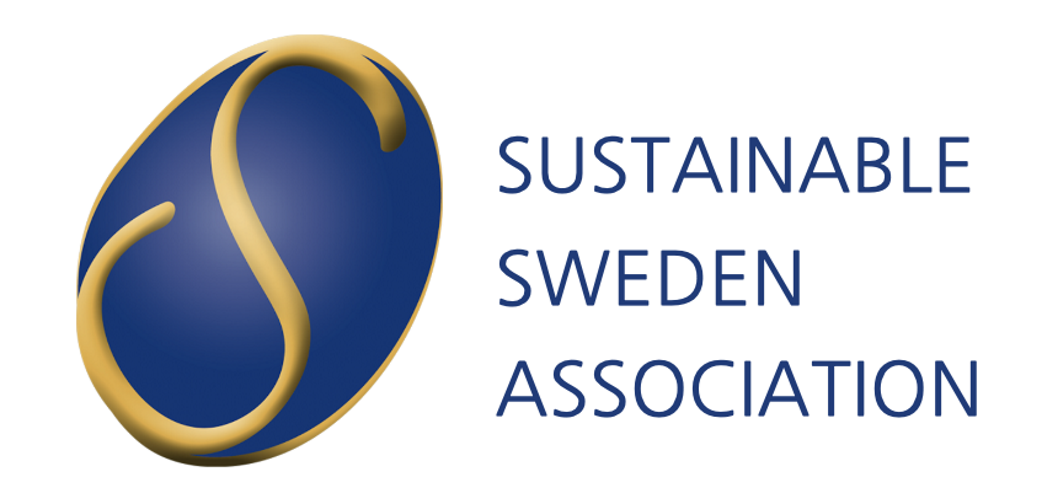As everybody experienced it during the last few months, the pandemic has changed our everyday lives in many ways. Many projects were abandoned or postponed to an unpredictable date. Today where a second wave seems to hit all Europe and the Entire World, nothing guarantees that all the activities will go back to normal during the upcoming months.
These last few months were filled with so many uncertainties and Sustainable Sweden did not escape this fate common to millions of associations or enterprises around the world. While between the 9th and 24th of February of 2020, a delegation of Sustainable Sweden Association went to Ethiopia to start the Process Leader Training Program in the region of Tigray, showing that the project was well on its way at this time, the emergence of the pandemic ended all immediate initiatives planned within the first UN Habitat program. A Study Tour in Sweden and the remaining steps of the Process Leader training should have been organized in may 2020 but each of these activities was postponed to an uncertain future, freezing by this way all the efforts done so far. As a consequence, the remaining budget of the first part of the UN Habitat project was allocated to “Coordination and Expertise” tasks intended to be a support to the municipalities’s work and to assist them as much as possible. In addition to that, the second part of the UN Habitat program is now frozen and there is the urgent need to rewrite the project and adapt it to the current context.
However, in the meantime, Sustainable Sweden tried to cope with the situation by reflecting upon new ways to favourish the eco municipality approach in Ethiopia without being physically present. A manual is actively written to help the Ethiopian municipalities implement the Design Phase of the pilot project on their own, as well as pedagogical tools that will be transferred once ready to the working groups. Besides, now that technological tools are important allies in this troubled time, reflections are currently led upon possible web based trainings offered to the Ethiopian Municipalities by Sustainable Sweden Association. This will definitely constitute a different way of working for the association and could certainly be used to deepen and facilitate its work all around the world. On the other hand, SSDE, sister organization of SSA based in Ethiopia is also hardly working with the Ethiopian municipalities to provide small scale capacity building interventions to avoid a total end of the activities.
Despite the pandemic, Sustainable Sweden and Sustainable Sweden Development Ethiopia have tried to do their best to continue what has been undertaken for now.
Unfortunately, since the beginning of November tensions have increased more and more between the Ethiopian government and Tigray’s People Liberation Front (TPLF), ruling party of the Tigray Region. There were even clashes that injured and killed people and led a part of the population of Tigray to flee the region. So while Ethiopia is on the verge of a civil war, it makes it impossible to have a clear vision of what will happen with the Eco Municipality program in the country for now.

